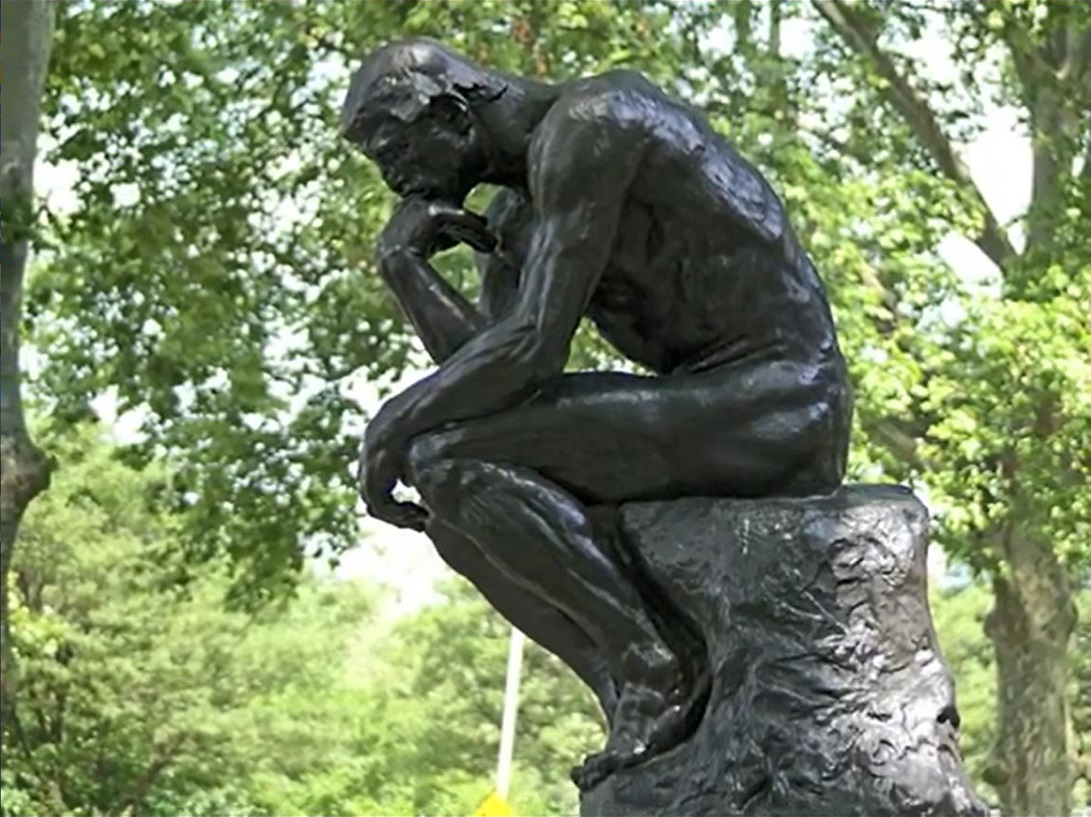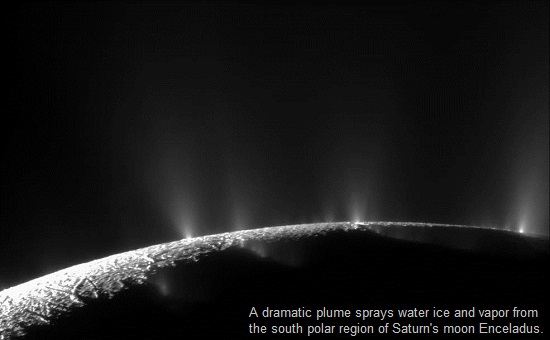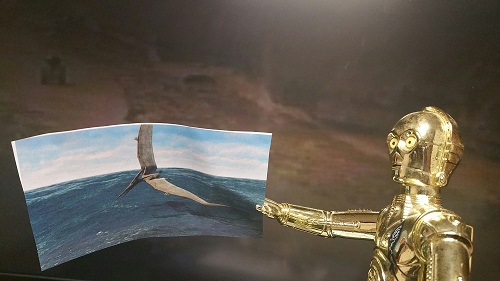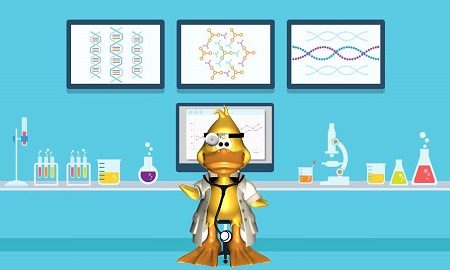
“To what can I compare this generation?” Said Jesus (Matt 11.16) preparing to use a simile as an illustration of what the people of his day were like. In the same vein, to what can I compare the power of the Creation Information Barrier evidence/argument/truth compared to other arguments in support of the necessity of a supernatural intelligence in the creation of life when discussing the origin of life? Superman, I think, is appropriate.
Superman, with all his powers, is clearly the most powerful superhero. He is so powerful in fact, that they had to give him a weakness just to make a way to have a story line without Superman defeating the villain in the first few seconds of a fight. Because a fight between Superman and a human is like a fight between a 150,000 pound sauropod dinosaur and, not a human (as in the graphic below) but, a mouse. It is simply no contest.





